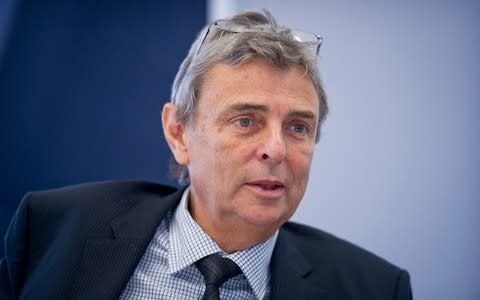Charities 'could be forced to close' if unions make them pay staff to sleep on the job

Care charities will have to close if they are forced by unions to allow their members to be paid to sleep on the job, Theresa May is warned today.
Conservative MP Heidi Allen is to meet the Prime Minister today amid concerns about a union-backed High Court action to force charities to pay care workers – even if they are asleep.
Charities have been told they owe staff up to six years backpay for not paying them when they sleep over night at the home of a vulnerable person.
The legal dispute – which reaches the Appeal court today - concerns overnight care for people with learning disabilities and some children which requires a carer to sleep overnight in case there’s an emergency.
A court ruling found that the charities should be paying staff for the hours they sleep in the homes, rather than just when they are awake.

Writing for The Daily Telegraph, Jan Tregelles, the chief executive of Mencap which provides statutory care for 5,000 people with learning disabilities, warns that his charity will have to find £20million to meet the bill.
He says: “The stakes are high – if I lose, I have to find £20 million. The costs for the whole sector are over £400 million and some charities and care providers will fold.”
Ms Allen said: “The Prime Minister knows this is a complex issue, involving many Government departments, but I am confident she will outline a way forward when we meet today.
“The good news is that providers have said they can work with local authorities to find a sustainable funding solution going forward.
“However the £400million of back pay now due, would be financially catastrophic for them.
“The Government must urgently find a way to release them from this historical financial burden which has been placed on them through no fault of their own.”

Dave Prentis, general secretary of Unison which is leading the challenge, said it was fair the staff were recompensed because they had been “paid less than the legal minimum for their work”.
“Employers have been told for many years these shifts should be considered as working time.
“These organisations, many of whom are profit-making companies, need to take their share of responsibility.
“These sleep-in shifts involve significant caring responsibilities, often for vulnerable people with acute needs.
“Staff would be disciplined if they left their place of work, so of course this is working time.”

 Yahoo News
Yahoo News 
